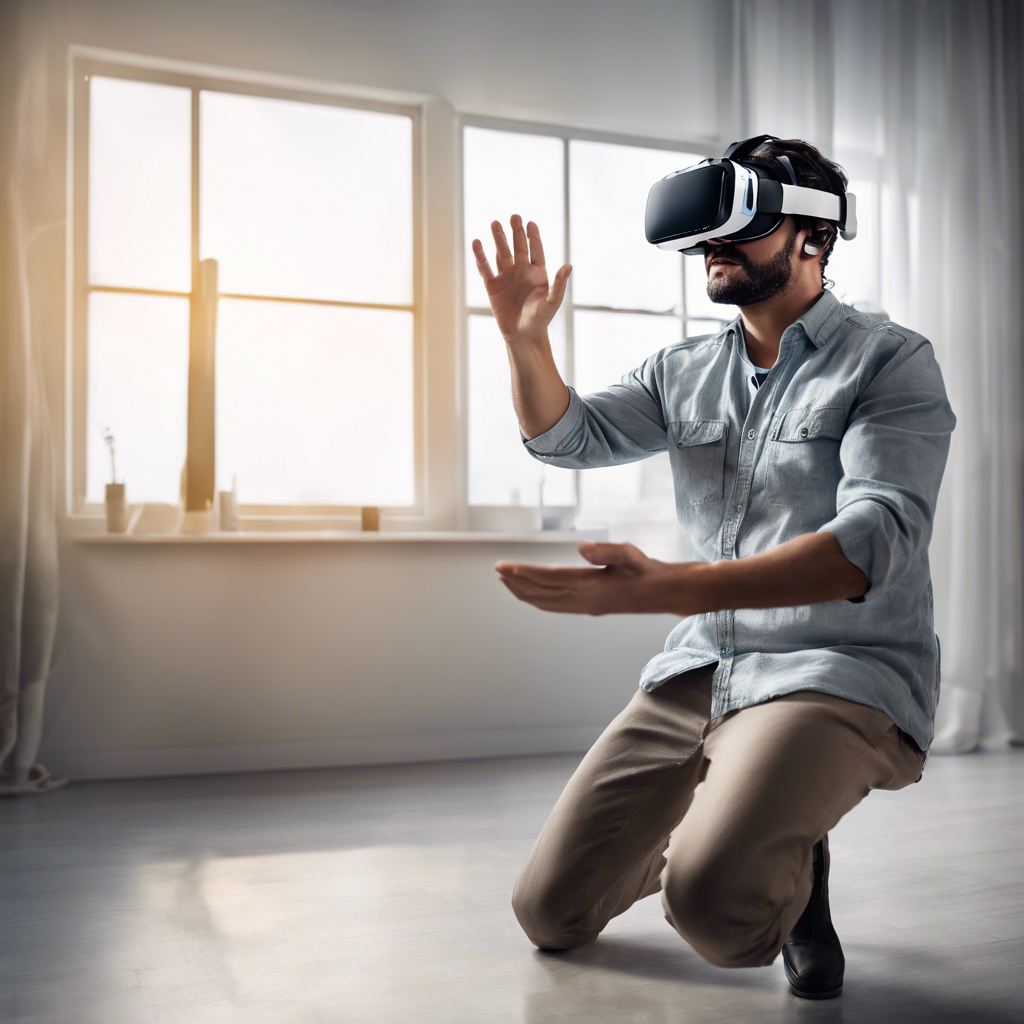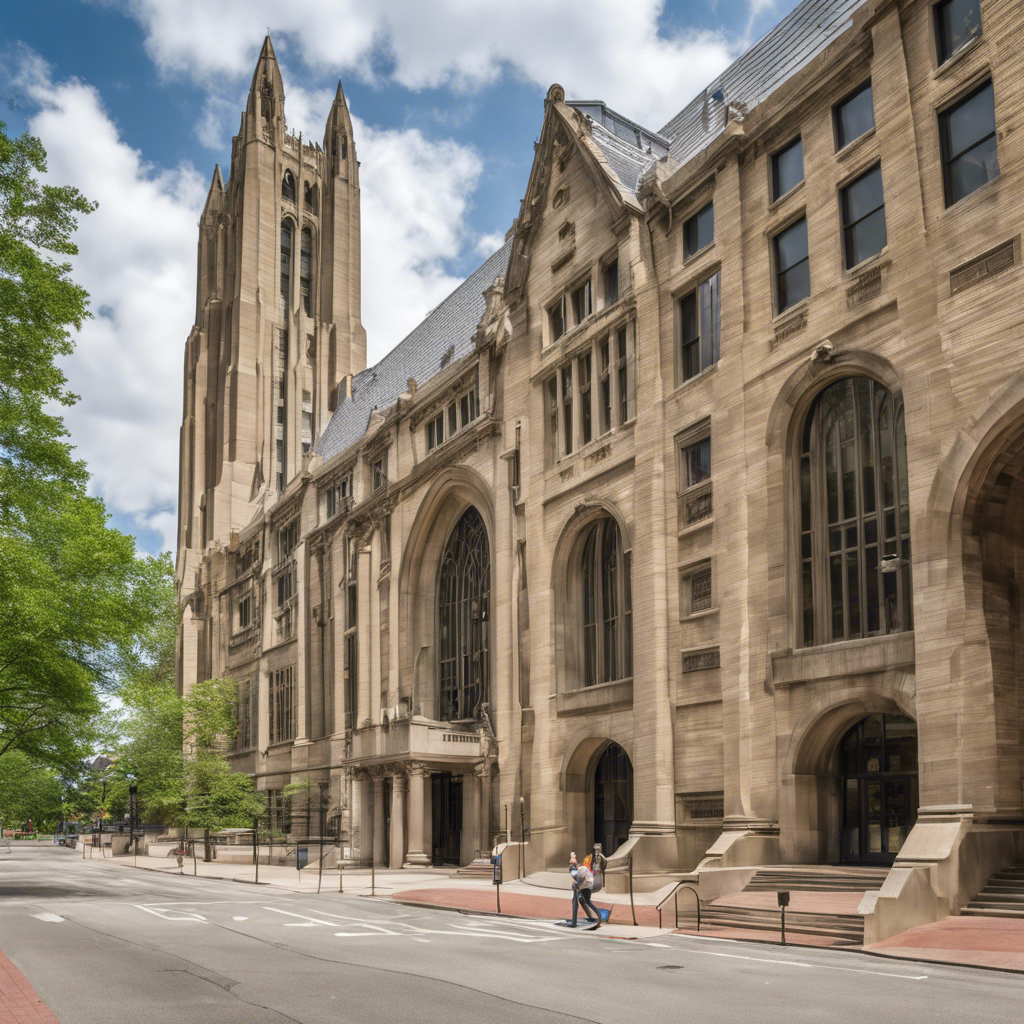Exploring the Revolutionary Impact of Virtual Reality Technology
Virtual reality (VR) has become a buzzword in recent years, captivating the imaginations of tech enthusiasts and everyday consumers alike. This cutting-edge technology has the power to transport us to new worlds, reshape our perception of reality, and revolutionize various industries. From gaming and entertainment to education and healthcare, virtual reality is transforming the way we experience the world. In this article, we will delve into the immersive world of VR, exploring its origins, current applications, and the potential it holds for the future.
1: The Birth of Virtual Reality: A Brief History
Virtual reality is not a recent invention. Its roots can be traced back to the 1960s when Ivan Sutherland created the first head-mounted display, known as the “Sword of Damocles.” However, it wasn’t until the 1990s that VR gained traction with the release of consumer-grade devices like the Virtual Boy and the VFX1. Over the years, advancements in technology have made VR more accessible and affordable, paving the way for its widespread adoption.
2: Gaming and Entertainment: A New Frontier
One of the most prominent applications of virtual reality is in the gaming and entertainment industry. VR gaming allows players to immerse themselves in virtual worlds, offering a level of interactivity and realism never before seen. Companies like Oculus, HTC, and Sony have released VR headsets that transport gamers into fully immersive experiences. From exploring alien planets to engaging in intense sword fights, virtual reality gaming has redefined the boundaries of interactive entertainment.
3: Education and Training: Learning in a Virtual World
Virtual reality has also found its place in education and training. With VR, students can step into historic events, explore distant landscapes, or even dissect virtual organisms. This immersive learning experience enhances engagement and retention, making complex subjects more accessible. VR is also being used in professional training, allowing individuals to practice high-stakes scenarios in a safe and controlled environment. From medical simulations to flight training, virtual reality is revolutionizing education and training methods across various fields.
4: Healthcare: Healing through Immersion
In the healthcare industry, virtual reality is proving to be a powerful tool. It is being used to treat phobias, post-traumatic stress disorder (PTSD), and chronic pain. By creating virtual environments that expose patients to their fears or traumas in a controlled manner, VR therapy helps individuals confront and overcome their anxieties. Additionally, virtual reality is being utilized for pain management, distracting patients from discomfort during medical procedures. The potential for VR in healthcare is vast, with ongoing research exploring its applications in rehabilitation, mental health, and more.
5: Beyond Entertainment: VR’s Impact on Other Industries
While gaming and entertainment have been the primary focus of virtual reality, its potential extends far beyond these realms. Architects and designers are using VR to create immersive walkthroughs of buildings and prototypes, allowing clients to visualize spaces before construction begins. In the tourism industry, VR is being used to provide virtual travel experiences, enticing potential visitors to explore destinations. Furthermore, virtual reality has the potential to revolutionize social interactions, enabling people to connect and collaborate in virtual spaces, transcending physical limitations.
Conclusion:
Virtual reality has come a long way since its inception, transforming from a niche concept to a technology that is reshaping various industries. From gaming and entertainment to education and healthcare, VR is pushing the boundaries of what is possible. As technology continues to advance and VR becomes more accessible, we can expect to see even more innovative applications emerge. Virtual reality is not just a passing trend; it is a transformative force that is here to stay, forever altering the way we experience the world.











